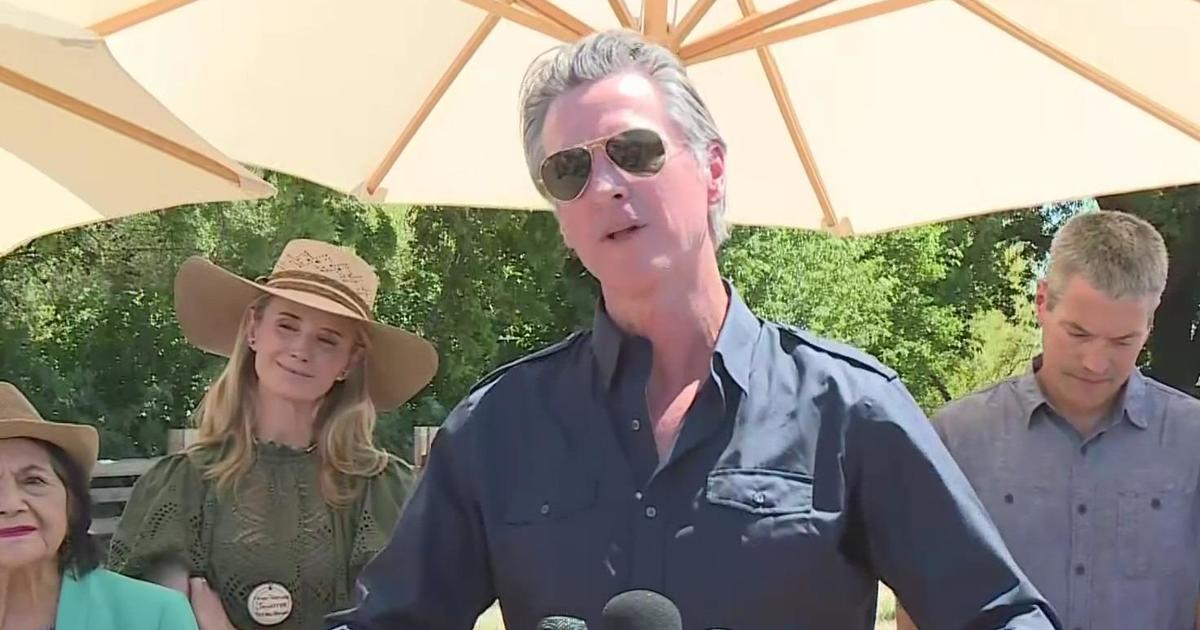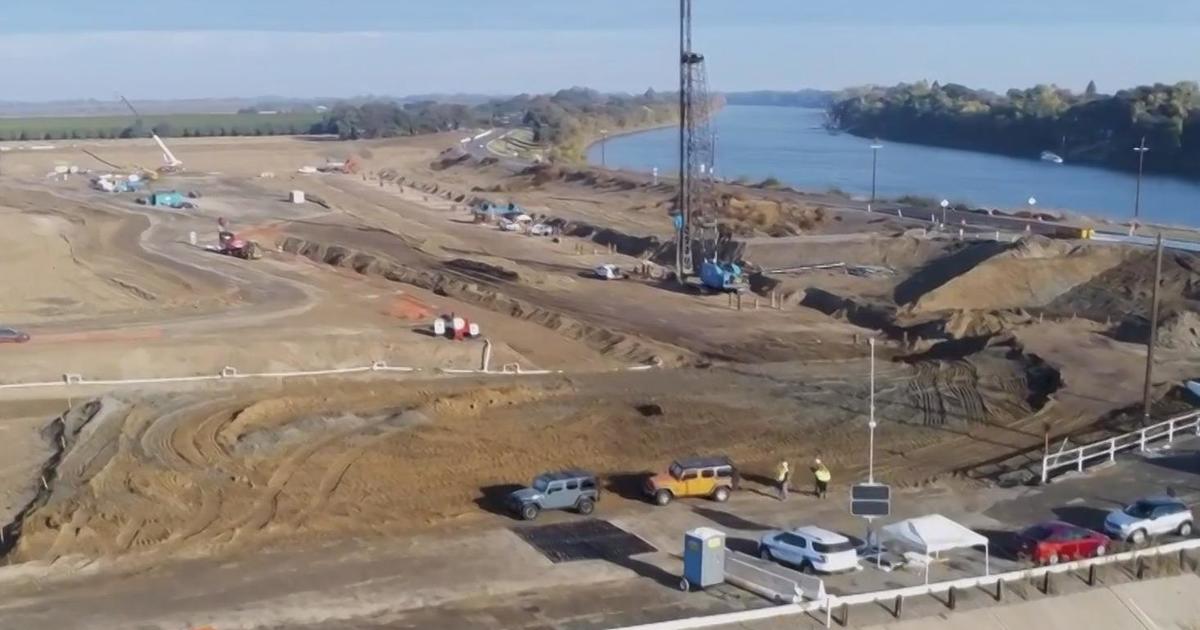Several Calif. Leaders Agree To Help Revamp State Park System
SACRAMENTO, Calif. (AP) — A group of California business, education and nonprofit leaders — including Monterey Bay Aquarium founding director Julie Packard — have agreed to help revamp the state parks system in an effort to restore confidence and financial stability to an institution rocked by scandal.
The dozen volunteers will spend the next 18 months addressing the problems that led to the state threatening to close 70 of the 280 parks in the system after long years of funding shortages — and more recent revelations that now-departed leaders socked money in a secret fund.
The Parks Forward Commission will design a blueprint to make the park system financially viable by studying everything from potential revenue sources to whether a lack of innovation at the top is tied to the practice of promoting only law enforcement rangers to leadership positions.
"Under the weight of budget cuts, added acreage and outmoded systems, our parks are struggling to meet the needs of Californians, and visitors from around the country and world," said John Laird, secretary of the Department of Natural Resources. "This is a top-notch panel that will roll up its sleeves to craft a long-term plan for a financially sustainable and functionally relevant state parks system that meets the needs of a changing population."
Laird said everything is on the table.
The Legislature ordered the formation of the advisory group in the wake of the scandals.
The privately financed commission will be led by co-chairs Christine Kehoe of San Diego, a former state senator and champion of state parks, and Lance Conn, a Bay Area businessman and conservationist.
Laird's goal had been to appoint leaders from business, finance, public policy and arts communities to examine the structure of the department and assess future needs for a growing state that already has 38 million people.
Other members include Michael Lynton, CEO of Sony Entertainment; John Reynolds, a former National Park Service superintendent and regional director; Hawk Rosales, executive director of the InterTribal Sinkyone Wilderness Council; and Michael Woo, a former LA City Council member and dean of the College of Environmental Design at Cal Poly Pomona.
Packard has led the aquarium — the first in the nation to focus on a specific geographic region — since 1984. It now lures more than 2 million visitors a year to the Monterey Bay.
The parks leadership has been criticized in the past for a lack of revenue-generating innovation. Consequently, the department has allowed millions of dollars in maintenance problems to pile up as it struggled with shrinking state budgets. Critics also say managers were slow to figure out how to generate money.
Last year, a $22 million cut from the system's $779 million budget threatened the closure of 70 parks. Then the discovery of $54 million, which was hidden from the governor and Legislature in two special funds, damaged the public's faith in the system of towering redwoods, breathtaking beaches and old Gold Rush sites.
Already, state parks Director Anthony Jackson has been working on structural improvements, including the hiring of new top management. The retired Marine Corps major general is also looking to undo the culture that said only rangers with law enforcement backgrounds were eligible to become superintendents, leaving behind naturalists, archeologists and others who might be innovative managers.
The commission's funding will come from the David and Lucile Packard Foundation, the James Irvine Foundation, the S.D. Bechtel Jr. Foundation and others, under the auspices of the Resources Legacy Fund, which aids organizations involved in conservation efforts.
Copyright 2013 The Associated Press.



